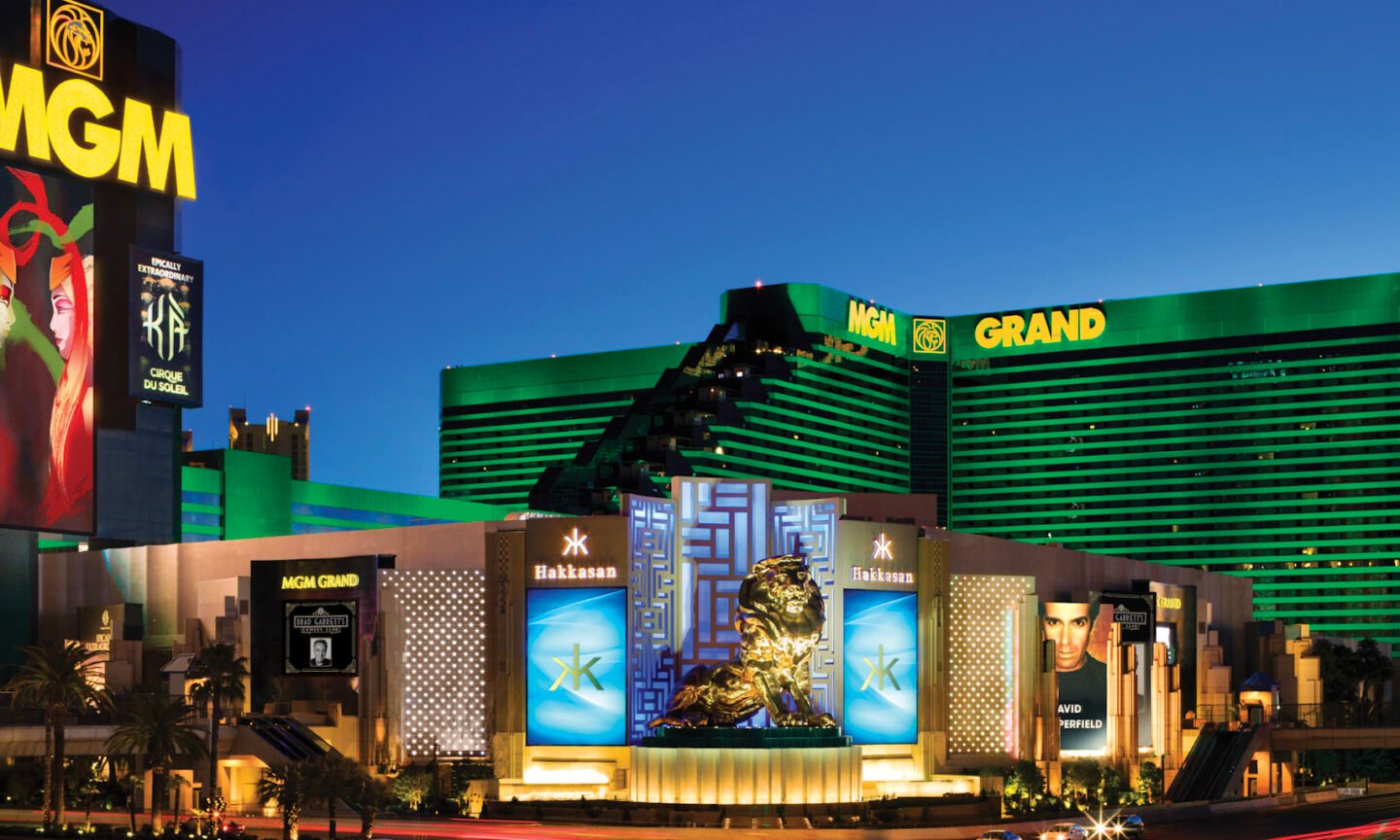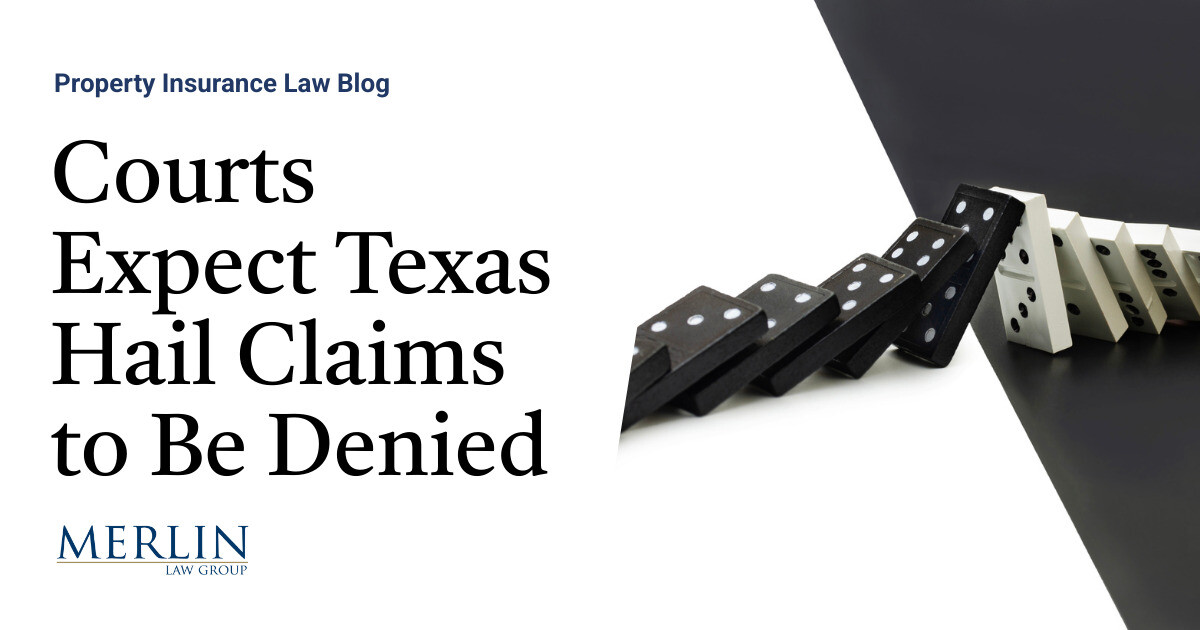Buying airfare has become a marathon of decision-making.
Which airline do you prefer? Should you book in basic economy or main cabin? Do you want to pay for a window seat? Are free changes and cancellations a must?
Increasingly, airlines are condensing this marathon of micro-decisions into a single choice between several “bundles,” which offer popular add-ons for one price. This price is usually discounted from the cost of buying each add-on a la carte — kind of like a value meal at a fast-food restaurant.
The trouble with navigating these bundles and determining which ones are worth it and which are mere upsells comes from their variety. Each airline has its own unique bundling offers and names — from “basic,” “bonus” and “total” on Allegiant Airlines to “Simple Peach,” “Value Peach” and “Prime Peach” on (you guessed it) Peach Aviation, based in Japan.
Which peach to pick? The “best” bundle depends on your travel preferences and the airline you’re flying. No standard guidelines apply across all situations because each airline has created its own rules for how these bundles work.
That said, there are some simple mistakes to avoid and tips to be aware of when choosing an airline bundled fare.
Beat your behavioral biases
Airfare add-ons are an enormous business. Global airline ancillary revenue was projected to reach $117.9 billion in 2023, according to an October 2023 report from IdeaWorksCompany, an airline industry reporting firm, and CarTrawler, a travel software provider. So airlines are highly motivated to upsell you with add-on bundles.
They do this by exploiting cognitive biases we all share when making purchasing decisions. The trick, then, is to recognize and counteract these biases.
For example, Frontier Airlines offers bundle options during the checkout flow, with clear explanations for what each includes. What’s less clear is that these choices are optional, that is, you can skip the bundles altogether. This is an example of our bias to choose an option that seems like a “default” rather than seek alternatives.

And when Frontier displays its three bundle choices, the middle option is tagged “recommended.” This plays on a well-known cognitive bias called the “compromise effect,” in which consumers tend to choose the middle option, regardless of product or service. In fact, a 2016 meta-analysis in the Journal of Consumer Psychology found that this tendency is remarkably consistent across purchasing decisions and study types.
(What’s particularly tricky about Frontier’s middle option is that it actually shouldn’t be in the middle at all. It’s the most expensive choice.)
Finally, the cognitive propensity airlines rely on the most doesn’t have a fancy name derived from behavioral economics. It’s just plain old impatience. The checkout process is a time-consuming drag, and choosing the default or recommended bundle is a time-saving way to get it over with quickly.
Unfortunately, making the right choice requires cultivating some patience and willingness to sift through the details.
Do a real comparison or keep it simple
Here’s what we’re all trying to figure out when choosing an airfare bundle: Which one (if any) will save me the most money, given my needs?
Here are three strategies for tackling that question:
-
Do a side-by-side analysis of bundling versus a la carte. Do you want to check a bag? Do you need flexibility? Do you care about priority boarding or alcoholic drinks? Choose the bundle that best fits these preferences and then open another search window and compare the final price when choosing your preferences one at a time. Only select the bundle if it offers a lower final price.
-
Compare the differences between your two top choices. If you opt for a bundle, note the difference in offerings and prices between the two you’re considering. Then, ask yourself if you would, for example, pay $80 for seat selection and priority boarding. If not, choose the cheaper bundle, or no bundle at all.
-
Skip bundles. Finally, bundles may be unnecessary for many no-frills travelers. When in doubt, you can skip them.
Remember: Airlines make a ton of profit from customers getting overwhelmed and choosing suboptimal add-ons. So the only way to keep that money on your balance sheet instead of theirs is to be patient and do the legwork or be simple and skip bundles altogether.
It might be a marathon, or a 5K, but buying airfare doesn’t have to be painful.
How to maximize your rewards
You want a travel credit card that prioritizes what’s important to you. Here are our picks for the best travel credit cards of 2024, including those best for:





































